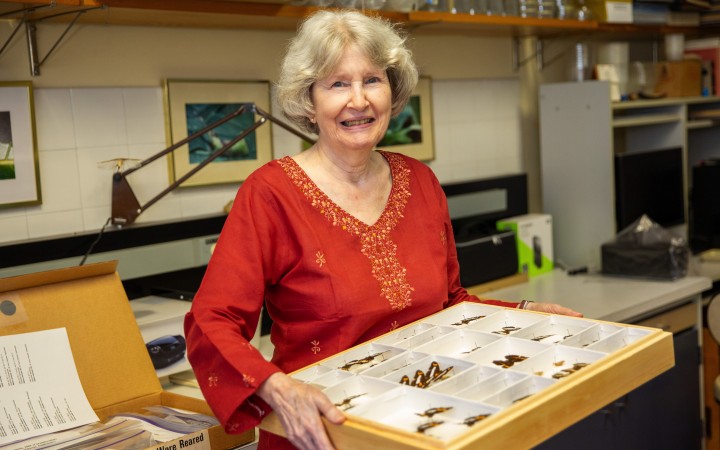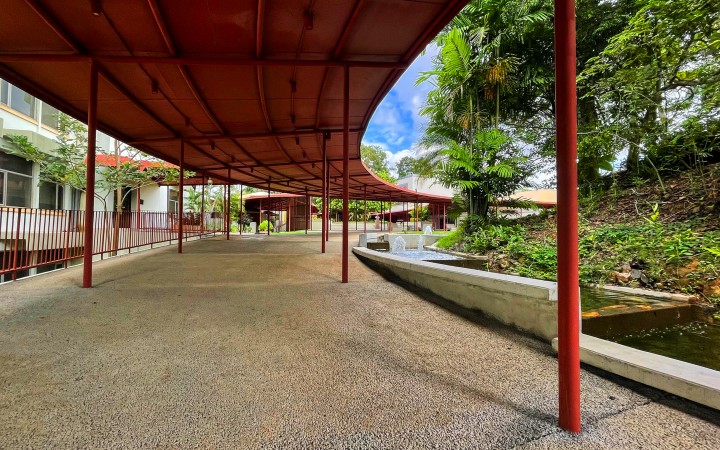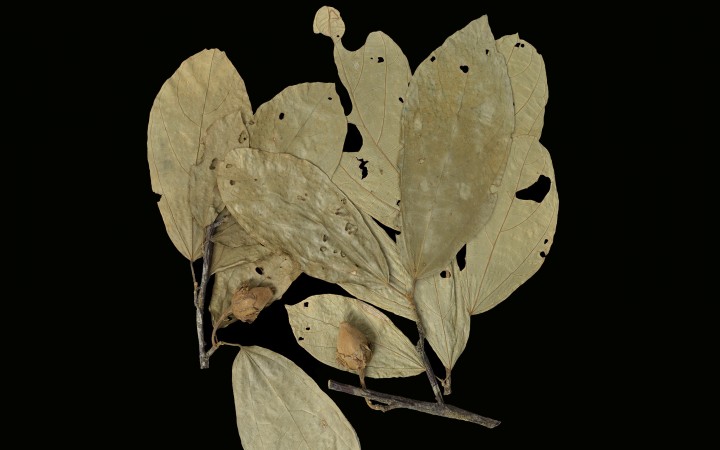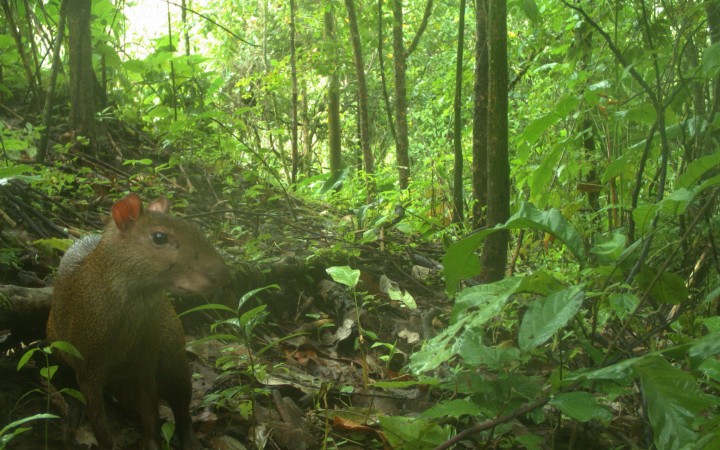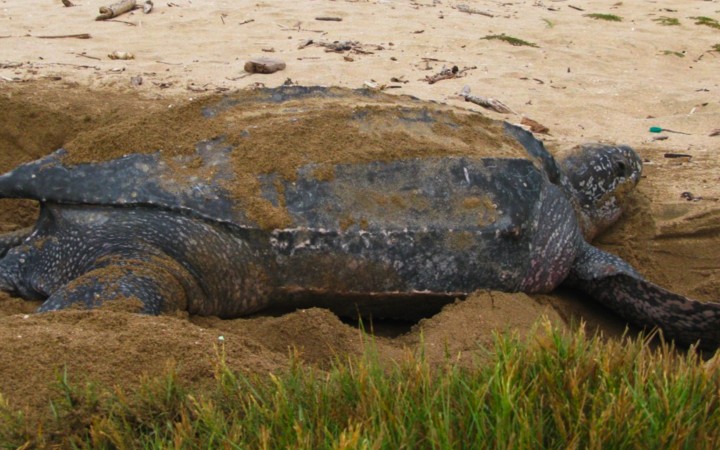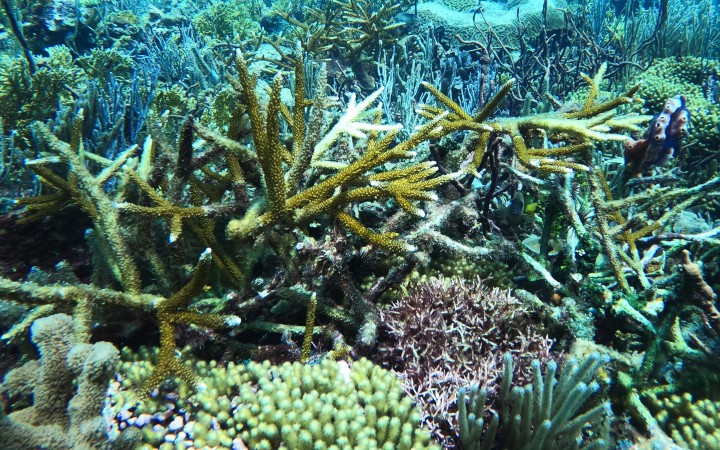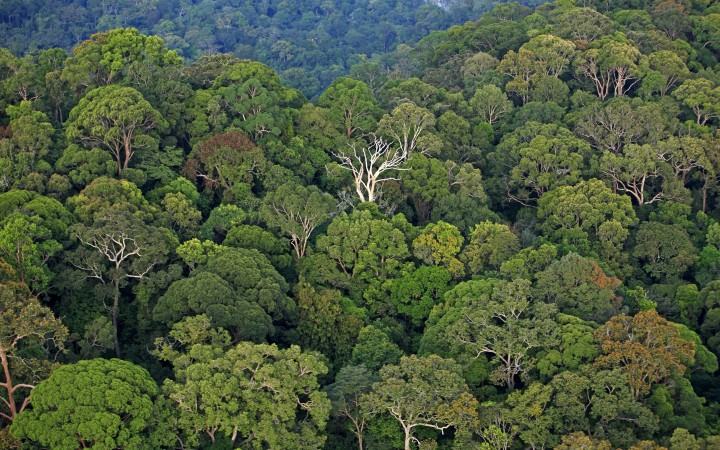A lifelong passion for tropical Insects leads to generous support
A fund set up by STRI staff scientist Annette Aiello intends to provide long-term funding for the preservation and management of the insect collection at the Smithsonian Tropical Research Institute in Panama, highlighting the importance of reference collections for the advancement of science.
